By William Muñoz
Whether a student is interested in becoming a professional musician or just wants to improve in their instrument, private lessons are a great way for students to improve and develop their musical skills.
Because my main area of teaching is Brass (trumpet, trombone, horn, tuba) I will focus this blog on the newcomer band student. As a trumpet player I understand the challenges that one can encounter with brass instruments. It is my goal to help, guide, and mentor students in this wonderful journey of music.
Although private lessons are incredibly important to anyone of any age, when it comes to younger students there are two questions that are quite common:
1. Why does my student need private lessons if he/she is already playing in band at school?
2. Isn’t private instruction only for students that are struggling with their instrument?
Ensemble playing (e.g. Concert Band, Orchestra, Jazz Band) plays an important role in the musical development of any musician. However, this is not the same as private instruction. During their ensemble rehearsal the Director most likely will not have time to address all of the students individually. However, private instructors have the chance to go into more detail than a Director. That being said, by no means do I want to undermine the role of the ensemble Director as I know and understand how important their job is. In fact, every Director I know always recommends their students to take private lessons. With that in mind here are some of the benefits of taking private brass lessons:
1. Individualized instruction. Private lessons are a chance for the student to work one-on-one with a teacher who specializes in their instrument. This will be very helpful when it comes to lessons as the private instructor will play and demonstrate examples for the student to hear and then emulate on their own. I understand that every student learns different and has distinctive strengths and weaknesses. This is why each of my students receives lessons tailored to their specific needs, strengths, and learning style. By working with a private instructor the student will be able to work on aspects of his/her playing that cannot be addressed in ensemble playing. If a student is learning a challenging repertoire at school he/she will have a chance to work on this. This is also a great opportunity to learn repertoire written specifically for the instrument. Additionally, the instructor will be very helpful when it comes to audition preparation for school ensemble placements, school solo competitions, and WMEA–WIAA State Solo and Ensemble Contests among other things.
2. Structured planning. Weekly lessons are also a good way for the student to gradually improve and grow as a musician. Although I don't particularly enjoy comparing music and sports, in this case we can think of the private lesson instructor as a coach or a trainer. During private lessons students receive instant feedback and assessment, which create confidence in the student. By having a plan the student will know what aspects of their playing they need to work the most during their practice time.
3. Improve practice time. Part of my teaching philosophy is strong music fundamentals are key to help students express what they want through music. In lessons we work on breathing, sound production, and technical aspects of playing. This helps students to learn how to efficiently practice when they are on their own and will help minimize frustration.
4. Stay motivated. Ideally the student will meet with a private instructor on a weekly basis. In the case of brass player the areas students usually struggle with are tone production, register, and endurance, among other things. By improving the areas they are struggling with and learning how to improve the student will stay motivated. The instructor will also be able to track the student's progress and motivate and mentor the student.

